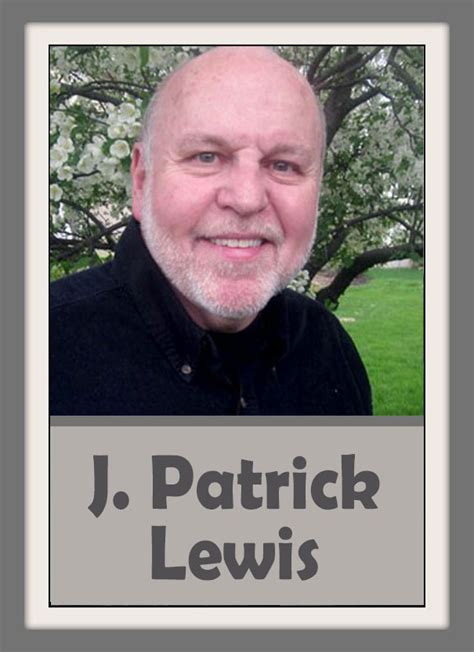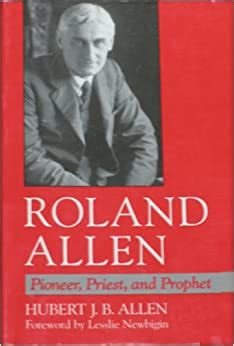A Quote by Jorge Luis Borges
The art of writing is mysterious; the opinions we hold are ephemeral , and I prefer the Platonic idea of the Muse to that of Poe, who reasoned, or feigned to reason, that the writing of a poem is an act of the intelligence. It never fails to amaze me that the classics hold a romantic theory of poetry, and a romantic poet a classical theory.
Related Quotes
I think that poetry is an act of celebration, that anytime you're writing a poem, it means that you're celebrating something, even if it's a sad poem, if it's an angry poem, a political poem or anything at all. The fact that you're taking the time and energy to pick up this thing and hold it to the light, and say, "Let's take some time to consider this," means that you've deemed it worthy enough to spend time on - which, in my opinion, is celebrating.
One of the other reasons for writing this book [My Beloved World] was to hold on to the person you first met. More of the world knows about me now and follows me in a way that never happened before. I didn't want me, the inside of me, to change. Because I liked Sonia, the Sonia who has been. So another reason for writing the book was to hold on to that - whatever the best in Sonia was, to try to capture it.
I hope any poem I've ever written could stand on its own and not need to be a part of biography, critical theory or cultural studies. I don't want to give a poetry reading and have to provide the story behind the poem in order for it to make sense to an audience. I certainly don't want the poem to require a critical intermediary - a "spokescritic." I want my poems to be independently meaningful moments of power for a good reader. And that's the expectation I initially bring to other poets' writing.
I find myself absolutely fulfilled when I have written a poem, when I'm writing one. Having written one, then you fall away very rapidly from having been a poet to becoming a sort of poet in rest, which isn't the same thing at all. But I think the actual experience of writing a poem is a magnificent one.
The judges who awarded the 1980 Commonwealth Poetry Prize to my first collection of poems, Crossing the Peninsula and Other Poems, cited with approval and with no apparent conscious irony my early poem, "No Alarms." The poem was composed probably sometime in 1974 or 1975, and it complained about the impossibility of writing poetry - of being a poet - under the conditions in which I was living then.




































